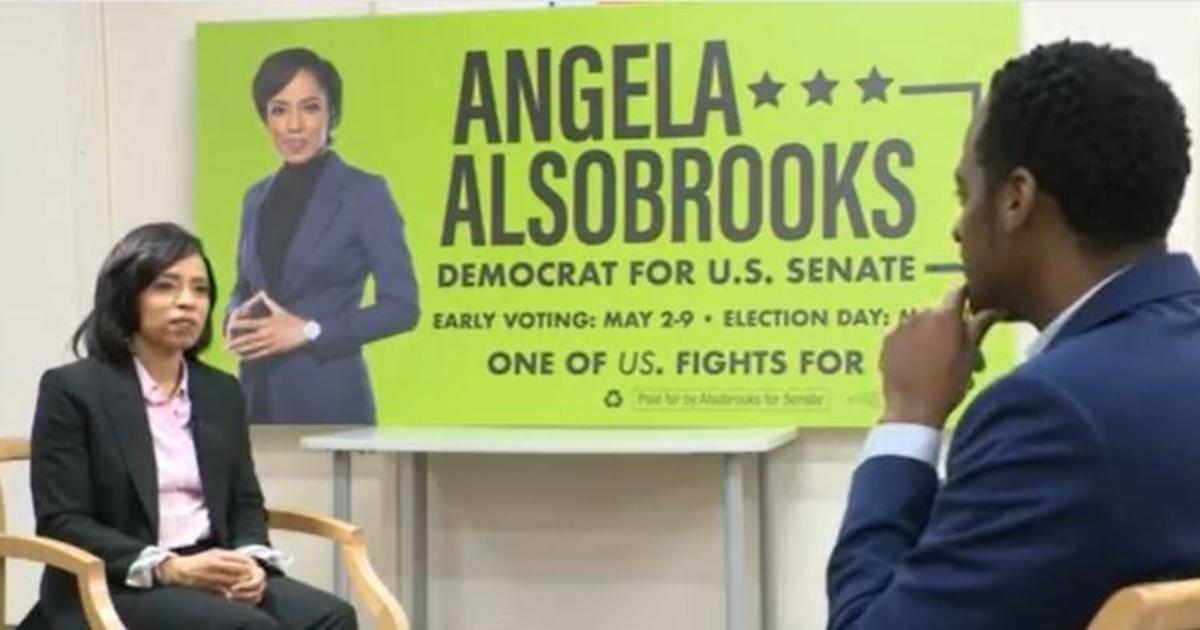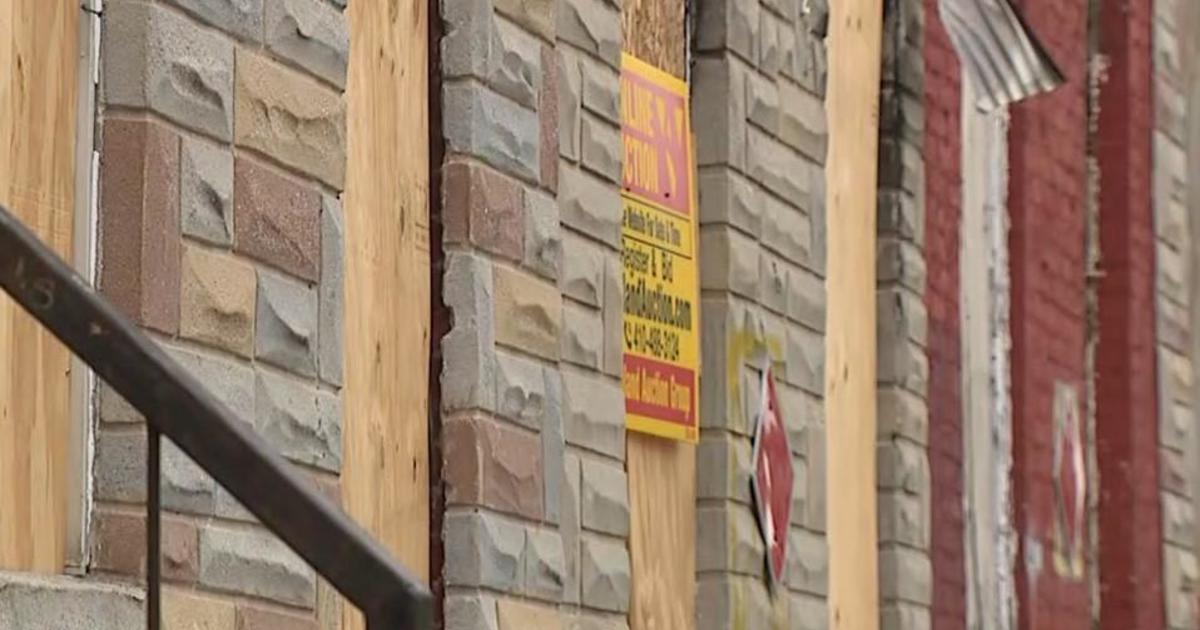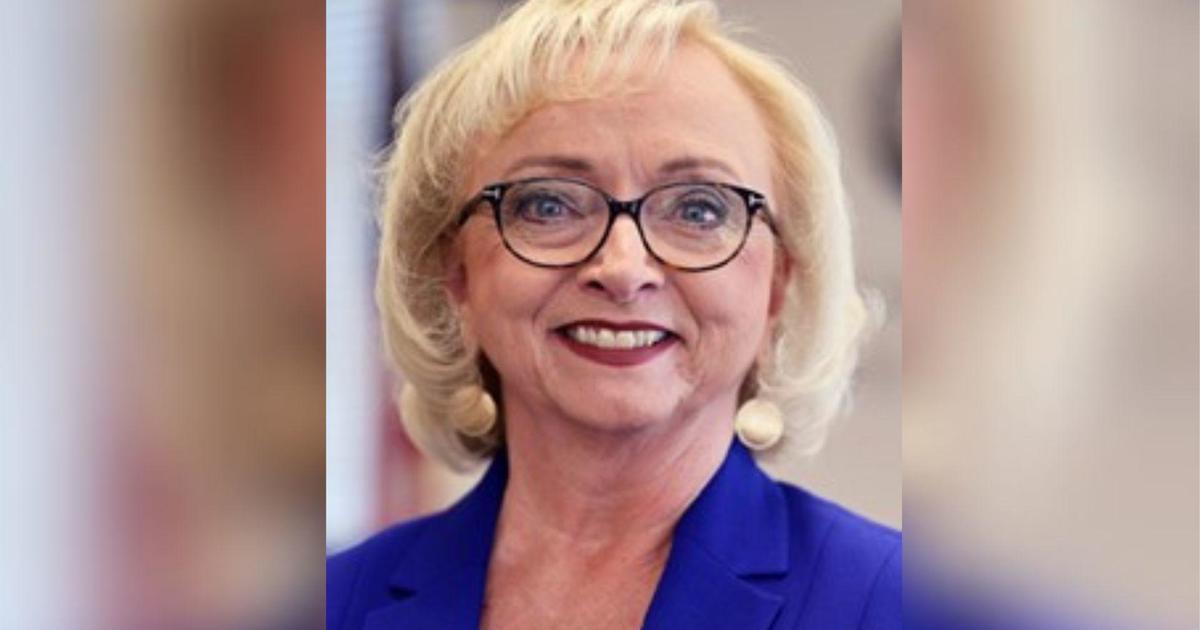Senate Committee Hears Fracking Fee Bill
ANNAPOLIS, Md. (AP) -- Opponents of using new hydraulic fracturing drilling techniques in western Maryland joined state
officials Tuesday in asking lawmaker to support a fee to fund a study of potential environmental impacts.
Industry officials, meanwhile, turned out in Annapolis to warn members of a Senate committee not to turn away what could be an
economic boon for two western counties.
The $10-an-acre fee would apply to lands leased for hydraulic fracturing, a drilling method that extracts the gas by blasting
through layers of shale rock with a combination of water and chemicals. The bill would use the fee to pay for a study commissioned by Gov. Martin O'Malley.
Sen. Brian Frosh, a bill sponsor, said the governor has asked a state panel to examine the impacts "but it can't fully do its work
because it doesn't have the money."
Frosh told the Senate's Education, Health, and Environmental Affairs Committee that the bill authorizes the return of any money
that isn't used.
The bill, however, also says owners can be asked to pay more if the study costs more than the fee raises.
Drew Cobbs of the Maryland Petroleum Council told the panel he was concerned the bill could hurt the state's ability to compete
with surrounding states. West Virginia and Pennsylvania are already seeing a boom in the new drilling technique, but also complaints about its impact on the environment, particularly groundwater.
Farmers who turned out for the hearing took both sides of the issue.
Kurt Fuchs of the Maryland Farm Bureau told the lawmakers that healthy and productive farmland is of paramount importance but gas leases can also help farmers stay in business and bring "the next generation back to the farm."
"It's certainly not something that farmers see as a way to get out of farming, it's something they see as a way to expand their
business," Fuchs said. He added that western Maryland farmers are hearing from their counterparts in Pennsylvania that gas leases are allowing them to buy machinery and make other investments to expand their operations.
Fuchs said he was worried the $10-an-acre study costs, coupled with other bills, may drive drillers away.
"Although it doesn't sound like a lot in many instances, but when you take it together with other shale bills that we see this
year," Fuchs said many are worried that current leases in Maryland won't get renewed or they will be offered less.
Mike Koch, president of Firefly Farms, a Garrett County producer of goat cheese, said told the committee he was deeply concerned about drilling and supported the fee bill.
Koch said the mission statement for Firefly Farm's brand of goat cheese tells consumers the farm is committed to caring for the land and the environment for today and tomorrow.
"I worry. These bills can help assure this brand promise is not compromised or even destroyed," Koch said.
Before the hearing, Delegate Heather Mizeur, who is sponsoring companion legislation in the House of Delegates, spoke at a rally outside the State House. Mizeur said that without the funding mechanism, which couldn't be included in the governor's executive order, the commission is essentially a "paper tiger" that would struggle produce any reliable findings.
"It will in essence be a report that will limp along without the resources to find the answers to the critical questions,"
Mizeur said.
The delegate said the state currently has about 200,000 acres under lease.
Officials from the Department of the Environment and the Department of Natural Resources also told the committee that the
state needs the money to pay for the study.
Joseph P. Gill, DNR's Deputy Secretary, told the committee that the money is needed to determine the condition of streams, wells and other natural resources before any drilling is conducted. He noted that 231 streams are in potential drilling areas and the state would like to place 50 stream monitoring stations as well as a dozen well monitoring stations. Gill said the study was expected to cost at least $1.6 million.
Gill said some have asked why industry should be asked to pay and told the committee that the "kind of studies we're talking
about doing are studies we would not have to do except for this activity."
(Copyright 2012 by The Associated Press. All Rights Reserved.)



